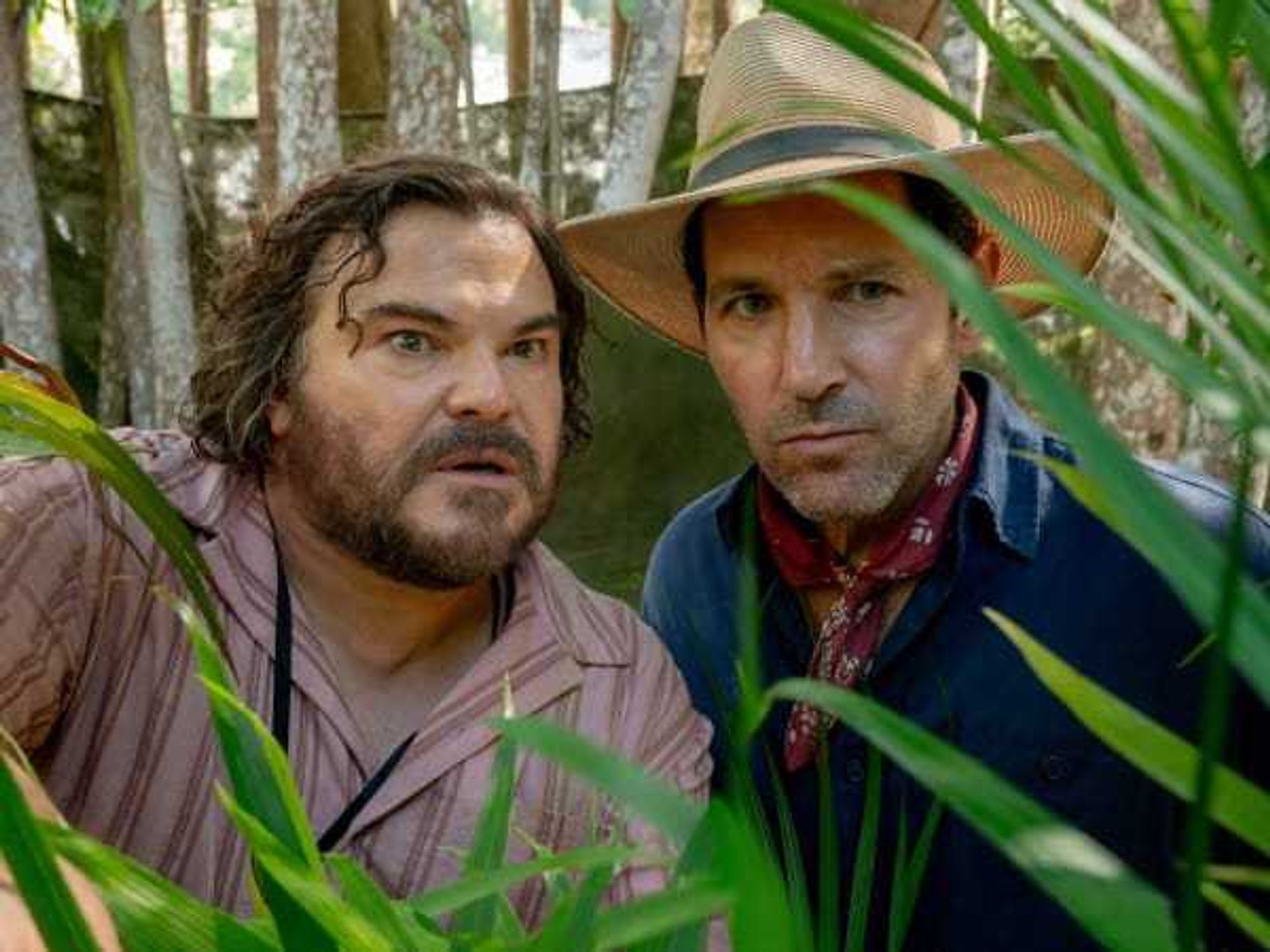Animal Movies
Unlikely filmmaker pops into Dallas for screening of Speciesism documentary
In the wake of Blackfish, the film about SeaWorld and its treatment of whales, documentaries about animals are having a moment. Here comes Speciesism: The Movie, a quirky film that considers whether animals deserve the same status as humans.
Using the same light-hearted yet confrontational approach Michael Moore pioneered in Roger and Me, filmmaker Mark Devries shows up at various locations, including factory farms, and tries to talk his way in.
"We actually did get into some farms," he says. "We convinced one to give us a guided tour. It was supposed to be a farm that was not as bad as a factory farm. The people who worked there were so used to what they were doing, they didn’t realize that most people seeing them would not consider it good treatment of animals."
"I don't know if I could do it now, convince a factory farm to let me in," says filmmaker Mark Devries.
Devries' footage precedes more recent exposes by groups such as Mercy for Animals and the Humane Society, showing cows and pigs enduring abuse. Those have been effective, prompting changes in policy by large companies such as Smithfield. But they've also ignited a backlash in the form of "ag-gag" legislation that bans anyone from taking photos or videos at a factory farm.
"I don't know if I could do it now, convince someone to let me in," Devries says. "They're more wary of that type of thing."
He uses his farm footage as way to discuss speciesism, a concept that has become a buzzword in the animal rights world. Speciesism says that humans are automatically more important simply because they're human, and other animals are less important.
Devries, who made the film while still in college and is about to finish law school, seems an unlikely candidate for this project.
"I never thought about our treatment of animals as an issue or a widespread problem until I got a mailer from PETA and grew curious about the subject," he says. "I didn't have any background in filmmaking, but I thought it would be valuable to present the issue in documentary form."
Critical feedback would seem to bear that out. "The only people who, as a general group, don't get the film have been the critics," he says. "It's not film in the traditional sense. People who reviewed the film for artistic merit did not give it a positive review."
He did manage to snag interviews with some of the primary figures in the movement, including author Peter Singer, biologist Richard Dawkins, University of Texas at El Paso professor Steven Best and livestock behavior professor Temple Grandin.
The film is being shown at a series of special screenings around the country, including one in Dallas at The Magnolia on Thursday, January 23. Devries will make an appearance, and it's during these times when he feels the test of his film's worth.
"People have told me the film has changed their lives, people who knew nothing about factory farming," he says.
